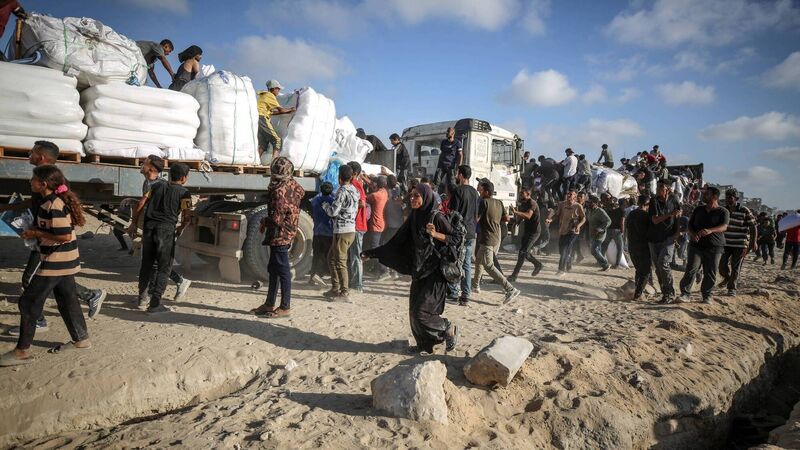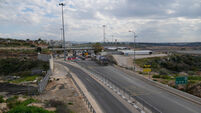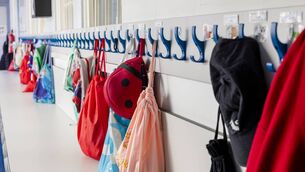Family in Gaza has no 'flour or clean water, basic necessities', says Cork chef

Palestinians receive supplies after aid trucks sent by the UN enter the Zikim border crossing and reach warehouses in the north of Gaza City. Picture: Ali Jadallah/Anadolu /Getty
A soft thud as someone collapses on the street from starvation is an increasingly common sound in Gaza.
Cork chef and University College Cork student Habib Al Ostaz’s family now hear that sound frequently, with war-weary people suddenly crumpling from starvation and increasingly from thirst.
















